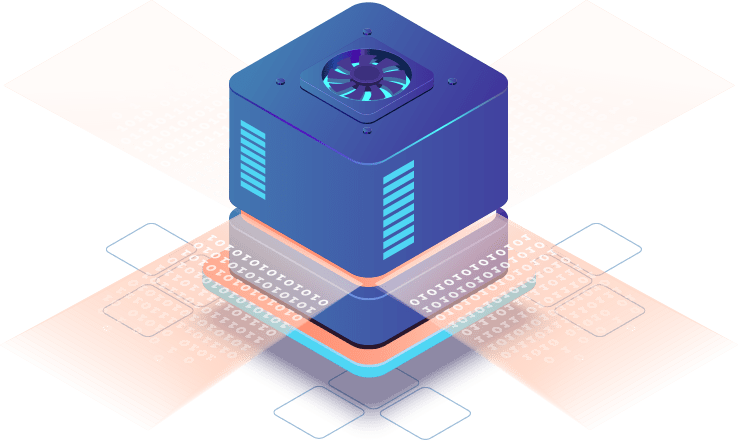Fortune 500 Company Seeks FDA Compliance with Scalable & Functional Solutions for their SAAS Product
Projects get up and running faster with FP Complete’s tailored solutions for container orchestration and automation.
FP Complete provides lightweight containerization that enables faster initialization, simplified disk management, and easier upgrades.
For the client’s device to meet FDA standards, their software must be functional, scalable, and accountable to FDA regulations. To achieve this, their software needed to:
- Reliably compile and run.
- Ensure reproducibility of the build process with auditable records.
- Run predictable test suites.
- Automate builds and tests on a central server using continuous integration practices.
By meeting these requirements, FP Complete could ensure success for the client’s SaaS medical system.

Corporation Type
US-based Fortune 500 company

Industry
Pharmaceuticals

Project Type
Regulated software medical device

Business Issues
- Client needed to design a deployment method for testing and production.
- Client needed to deploy device software to a cloud server for reliable hosting.
- Client needed to provide audit information for FDA filings.
Project Outcome
Implemented Successful Continuous Integration to Facilitate Software Development
The Customer’s software team has grown significantly since implementing the build system, with almost three dozen developers, QA engineers, and administrators now working on the code base. The continuous integration solution ensures that the device software is built regularly, reducing integration friction within the team. The pull request and code review process maintains the stability of the master branch of the software.


Project Outcome
Our Innovative Solution Allowed for Faster Product Development and Delivery
By incorporating Docker Compose, our team has streamlined the build process by enabling engineers to launch fully configured devices, including databases and message queues. This approach has simplified bug reporting and fixing for development and QA teams while ensuring FDA compliance. Our innovative solution allows for a reproducible environment for faster product development and delivery.
Project Outcome
Designed a Reliable, Efficient, and Adaptable Build System
FP Complete designed a robust build system that is easy to maintain and extend. The system can be deployed to all engineers with a simple push to the master branch. New features can be added to the solution without compromising its structure. Overall, FP Complete’s build system is reliable, efficient, and adaptable to meet the evolving needs of the client’s team.

TECHNOLOGY USED
Docker, Atlassian Bamboo, Linux
FP Complete’s Solution
FP Complete adopted lightweight containerization, utilizing certain features of the host operation system for:
- Quicker startup times,
- Reduced memory and CPU consumption,
- Simplified disk management, and
- Streamlined upgrades.
We optimized the system’s performance by leveraging this technology while minimizing resource usage.
We shipped a complete filesystem for Linux OS to each developer, build server, and production machine. This innovative move helped codify system library versions, build tool versions, and command line utilities, which resulted in multiple benefits, such as:
- Minimizing dependencies on the host build system
- Simplifying the physical workings of additional build servers to speed up the continuous integration process
- Streamlining the process of onboarding new engineers to work on the project and upgrading dependencies across an entire team.

NEW CHALLENGES FOR FP COMPLETE
Continuous integration systems lack good tools to keep track of plans for building software. To ensure the builds are identical and meet FDA requirements, the scripts for building the device were put into the source code repository for the software. This resulted in several advantages:
- The software device source code contained a reproducible recipe for every revision, allowing easy identification of the version used to generate any deployed or tested device.
- The Continuous Integration system only had minimal logic and could call into the build system within the source code repository.
- Ensuring matching environments across CI, test, and production reduced frustrations when fixing bugs that didn’t reproduce locally.
- Containerization provided simple instructions for developers to get up and running without costly setup times.
The Conclusion
FP Complete has found a way to optimize its containerization process by utilizing lightweight containers, resulting in faster startup times, lower resource usage, and simplified disk management. By leveraging add-on technologies like Docker Compose, engineers can launch fully configured devices in a simple and reproducible environment, including database servers, message queues, and device software.
As the demand for efficient and cost-effective software development continues to grow, FP Complete’s approach is an intelligent solution for businesses looking to streamline their operations. By taking advantage of modern technology, companies can stay ahead of the curve and succeed in today’s competitive landscape.
